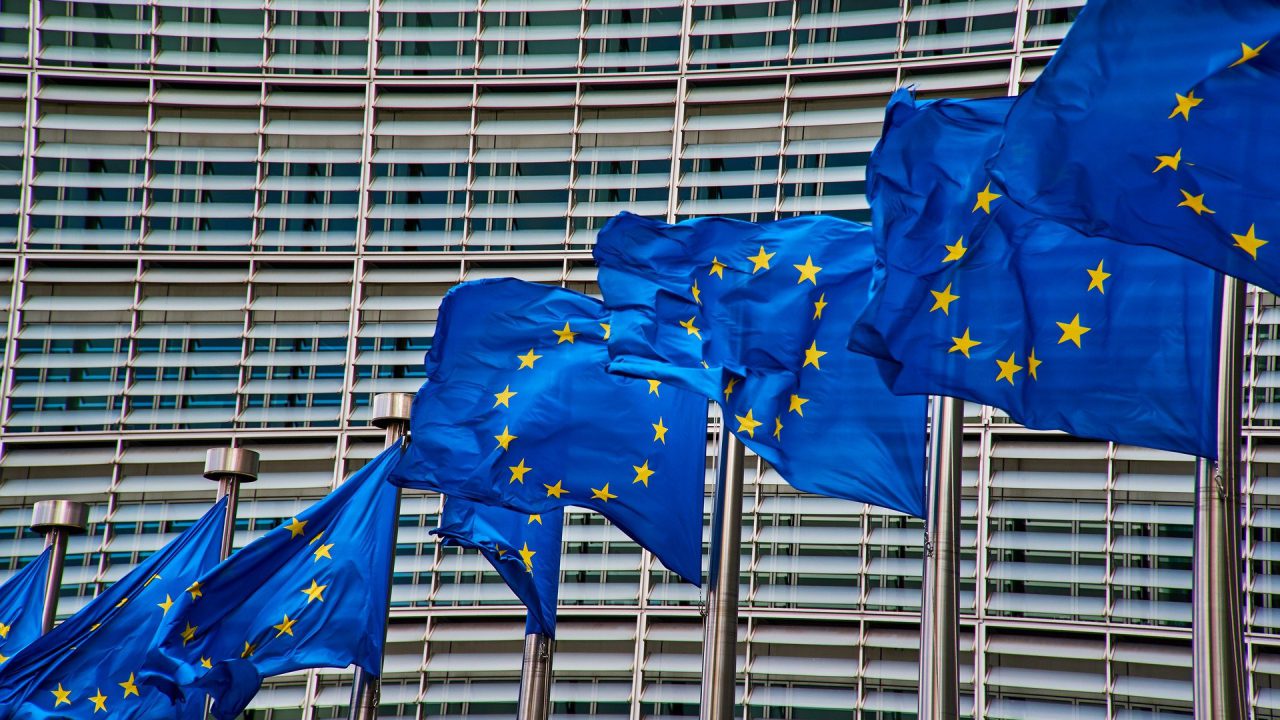31 organisations representing stakeholders in the agri-food sector across the EU have sent a joint letter to the European Commission calling for greater involvement in the development of key agri-food policies.
The 31 organisations represent farmers, food producers across numerous sectors, agri-input suppliers, animal and plant health authorities, processors, wholesalers, retailers, and consumers of EU agri-food.
Copa Cogeca, the umbrella group of EU farming bodies and agricultural cooperatives, is among the 31 organisations.
They have called on the commission to consult with and involve them in the development the Framework for Sustainable Food Systems (FSFS), a key legislative initiative of the EU Farm to Fork Strategy.
In the letter, the signatory groups state their concerns about “the limited ongoing dialogue”, and call for further involvement between the EU food chain and the commission “to ensure the successful establishment of the new EU FSFS”.
“Considering the ambition of FSFS to accelerate and facilitate the transition towards sustainable food systems, such dialogue is key,” Copa Cogeca said.
As well as calling for more engagement, the 31 organisations have also said that the FSFS must have a “more precise scope”.
Copa Cogeca said: “To be effective, the FSFS cannot disregard the diversity and [on the ground] realities of the agri-food chain, its producers, and processors to enable all players to deliver.
“In this regard, a clear definition of sustainability, keeping a balance between its three pillars [environmental, social, and economic], would go in the right direction.”
The farmer representative body added: “Policy coherence will be fundamental for the popularity of the FSFS.
“The proposed legislative framework will have to avoid duplicates with already existing legislation, ensure an interdisciplinary approach, and involve all the relevant commission DGs [directorates-general, the departments of the commission],” Copa Cogeca said.
The 31 organisations called for the international trade dimension of sustainability to be given specific consideration.
They have also said that a “high-level harmonisation” of policy is necessary to avoid fragmentation of the EU market.
The groups also agreed that sustainable food systems should take into account food security (encompassing food availability, affordability, and accessibility), as well as the nutritional value of that food.
Copa Cogeca said: “Given the complexity of the FSFS, there is a clear need for a proper assessment of its potential associated costs and of supports for the transition.
“Such an assessment cannot be made without the involvement of all players in the agri-food value chain,” the farming organisation added.
